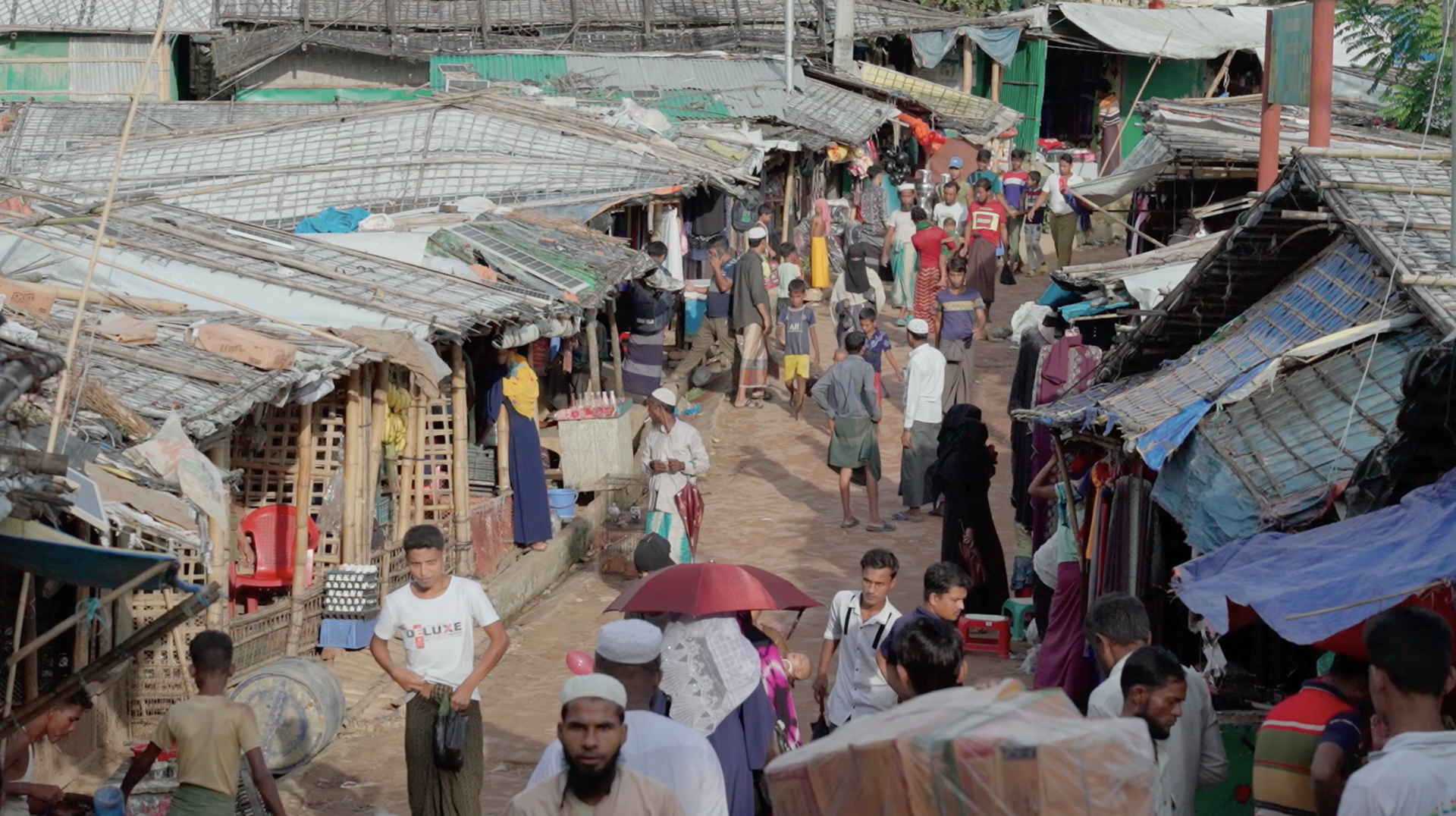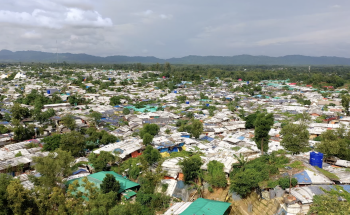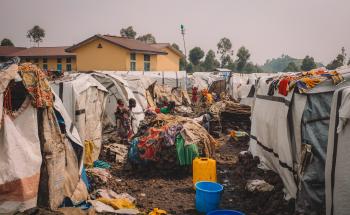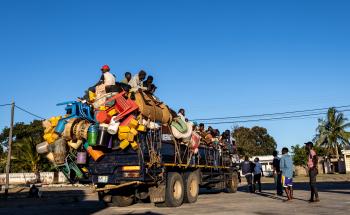On the 29th of January 2024, Doctors Without Borders (MSF) launched a short animation film, "Lost at Sea", that illustrates the harsh reality Rohingya endure as they try to seek safety—and their resilience.
The film “Lost at Sea” is based on the experience of Muhib, a Rohingya man who fled Myanmar and made a dangerous journey across the sea to seek safety in Malaysia. He was stranded for more than two weeks on board a fishing boat in the Andaman Sea, full of men, women and children also fleeing for their lives. He witnessed 27 people die onboard. Passengers had no choice but to put their bodies into the sea as no help arrived. In the film, dream-like flashbacks tell the story of Muhib. He is haunted by a song his mother sang him in Myanmar. He tries to remember the reasons that forced him to flee in the first place.
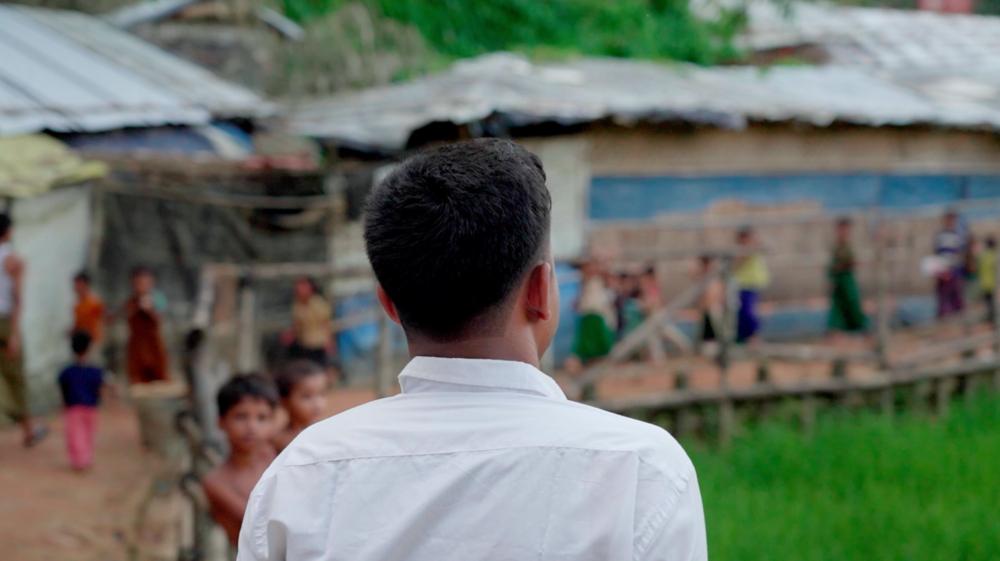
The vast majority live in camps with severe movement restrictions, limited opportunities for employment or education, and without hope for a better future.Paul Brockmann, MSF's regional operational director
“I feared for my life in Myanmar and was compelled to seek refuge in another country,” said Muhib. “The uncertainty and, at times, hostility of a new land is preferable to perishing in a place where I was never treated as a human being since birth. Rohingya are desperate for safety and security. We have nowhere to go. Taking a boat is like jumping into the sea without knowing the consequences. You can so easily lose your life in these unseaworthy boats unfit to make these journeys.”
“Rohingya who remain in Myanmar, and those who fled to Bangladesh struggle to survive,” said Paul Brockmann, MSF's regional operational director. “The vast majority live in camps with severe movement restrictions, limited opportunities for employment or education, and without hope for a better future. With significant levels of violence in the Bangladesh camps and ongoing conflicts in Myanmar, the situation is forcing many Rohingya to make increasingly desperate choices such as risky sea journeys.”
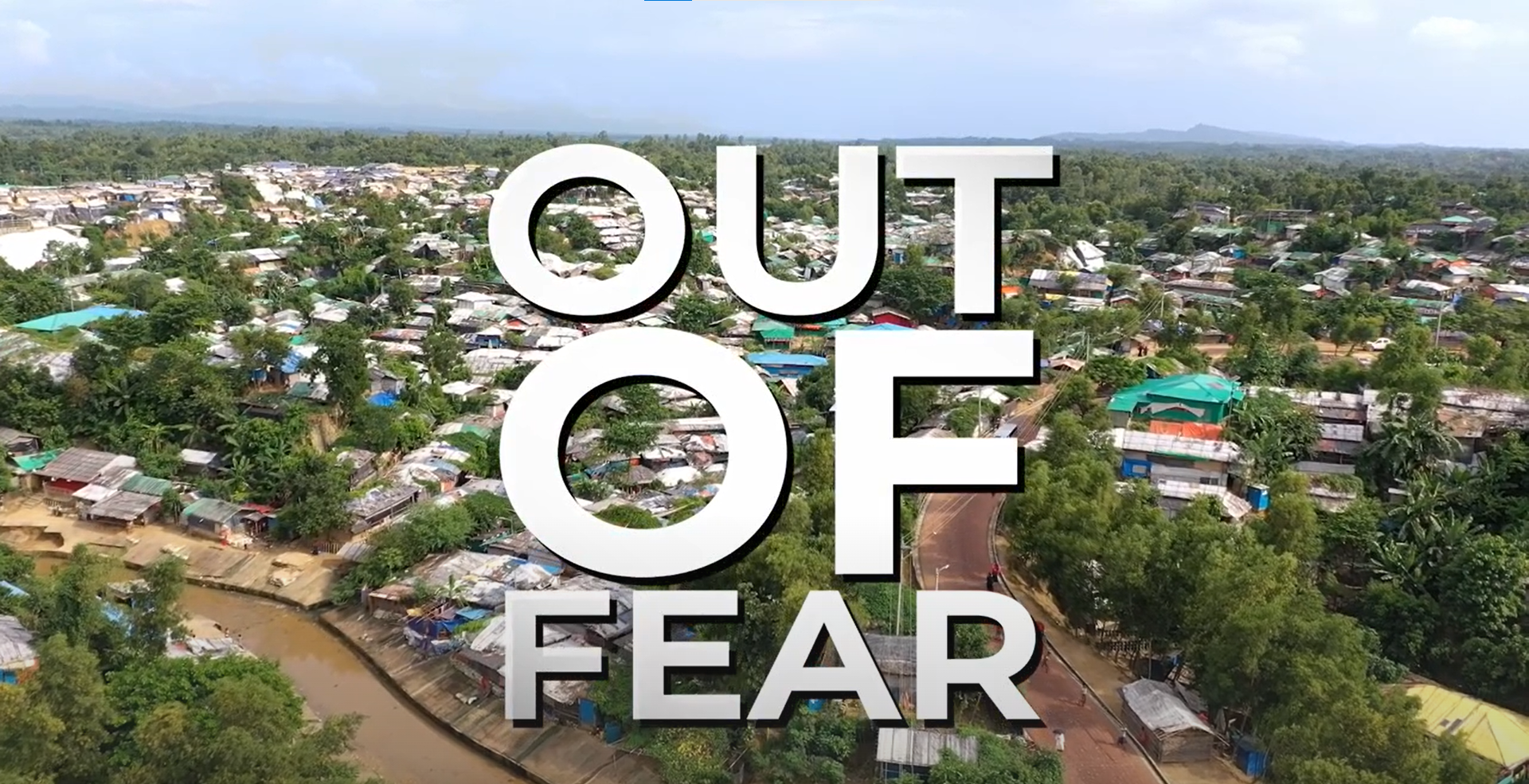
Out of Fear, Rohingya youth trapped in violence and despair
“Since 2017, MSF has provided mental health consultations to over 140,000 Rohingya patients in Bangladesh,” Brockmann continues. “Lack of livelihoods, anxiety about the future, poor living conditions, barriers to access basic services such as formal education, and increasing insecurity in the camps have added to the traumatic memories of the violence they suffered in Myanmar.
Since 2021, the number of people treated in our hospitals in Bangladesh who attempted suicide has doubled.”
Since mid-2022, violence in the camp has increased significantly. There has been an increase in armed clashes, killings and abductions, and we witness the severe toll these incidents have on people’s lives. In 2023, MSF treated an increasing number of violence-related injuries. “Abductions have become common over the past twelve months,” said Brockmann. “Many individuals, particularly children, are forcibly abducted by traffickers, and their families extorted to either pay for their return to Bangladesh or to be moved to Malaysia.”
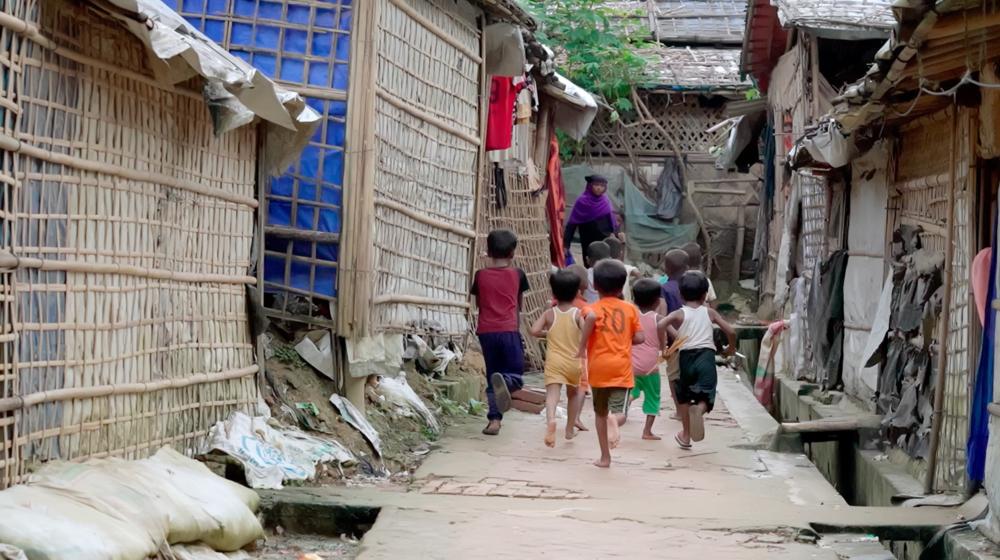
The Rohingya's plight is compounded by the denial of their citizenship in Myanmar, rendering them legally stateless. One of the many implications of statelessness is the inability to obtain identification documents and passports. There are no safe, legal pathways for Rohingya people to seek asylum in the region. This leaves them with no other option but to take these risky journeys and rely on human trafficking networks that put them at higher risk of death, violence, extortion or sexual assault.
One 18-year-old who was forcibly abducted and held in Myanmar earlier this year described how he felt after his family paid a ransom to return him to Bangladesh:
“I don’t feel safe, and I don’t usually go out of my camp block; most of the time, I spend at home. I still have physical and mental trauma. My mom brought me some medicine from the nearest pharmacy since she was not feeling safe for me to go out to see the doctor,” he said.
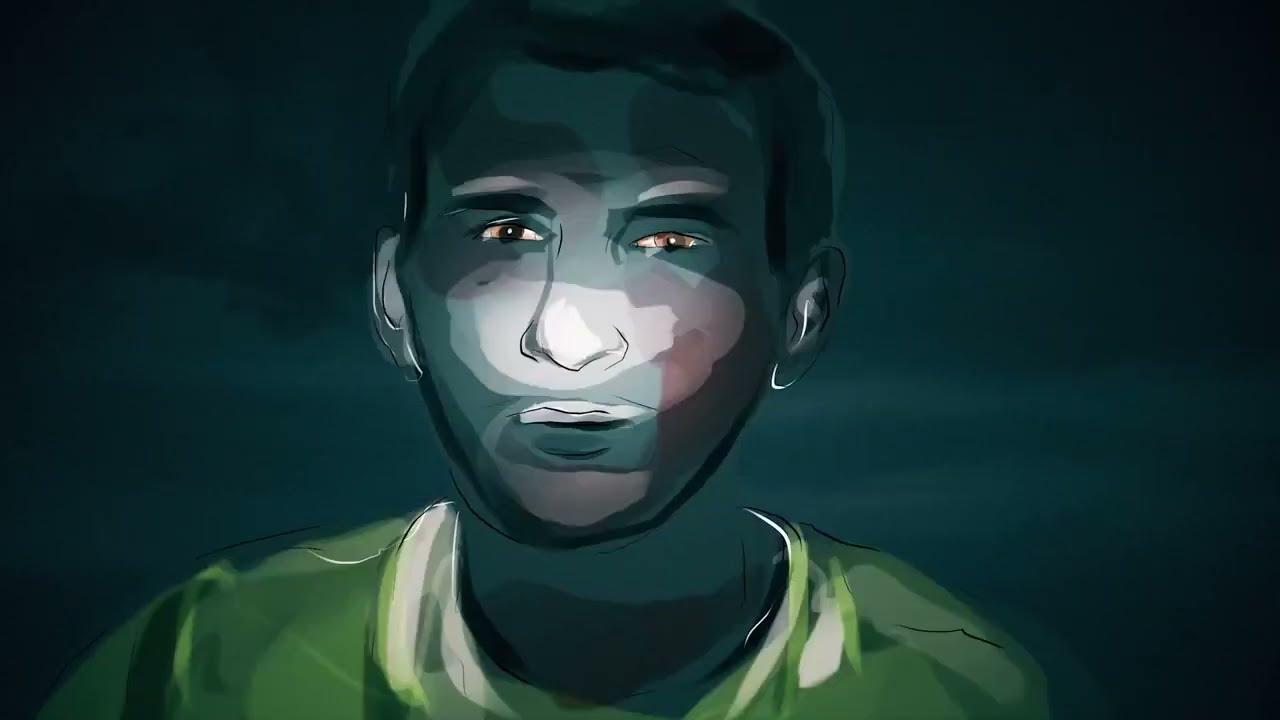
Lost at Sea
Insecurity is but one of several factors creating pressure on the day-to-day life of Rohingya. In Bangladesh, food rations were cut to only US$8 per person per month, and the UN Joint Response Plan was severely underfunded, delivering only 46 per cent of agreed funding in 2023.
Due to the poor economic and security situation in the Bangladesh camps, many families told MSF that they feel their only option is to marry their daughters to Rohingya men in Malaysia. For most, this means entrusting the safety of their daughters to human trafficking networks and the likelihood they will never see them again in person.
A 19-year-old who arrived in Malaysia in 2022 recalls: “Life in the refugee camp was very terrible and unimaginable. It was not safe at all, especially for women. Lots of crime were going on and many people have been killed daily. I decided to leave the Bangladesh refugee camp to find a partner because I feel unsafe in the crowded camp,” she said.
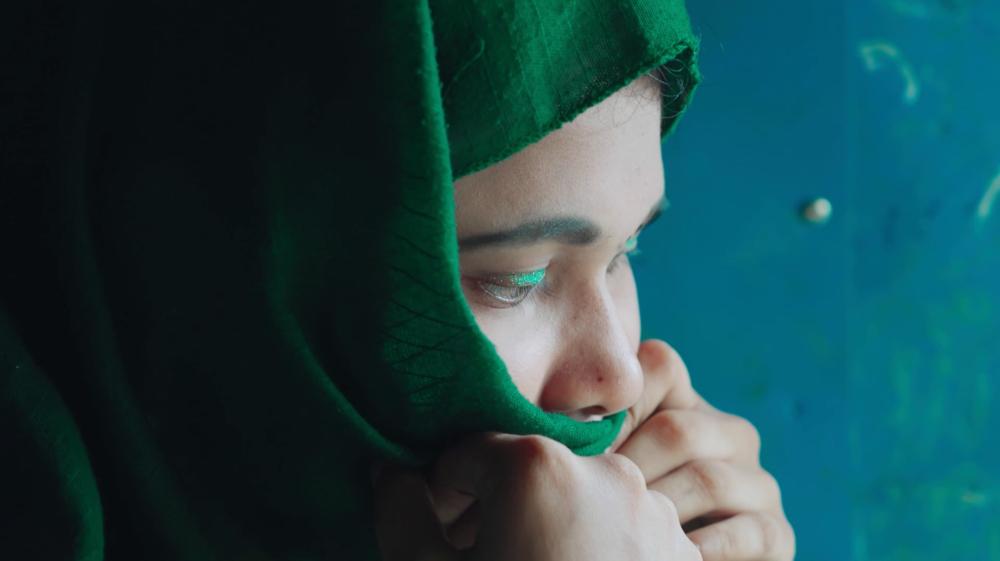
Another, a 17-year-old who arrived in Malaysia in May 2022, says:
“The only difference is that there is no war here in Malaysia. I miss my parents so much. The journey is one way; I cannot visit my parents in the Bangladesh refugee camp if they pass away,” she said.
According to a 30-year-old Rohingya woman who arrived in Malaysia in October 2022, “the journey from Bangladesh to Malaysia is so difficult, some died on the boat, some got beaten by the human traffickers. While in Malaysia, there is the risk of getting arrested by the authorities because some of us have no UNHCR document.”
"The Rohingya have nowhere to go,” said Brockmann. “They are not safe or given basic human rights anywhere in the region. It is crucial that the international community recognize the severity of the Rohingya refugee crisis and work towards mid-term solutions that respect their rights and dignity in the places they are now until they can eventually return to Myanmar. Rohingya deserve to live in safety, with access to essential services and opportunities. We are treating people for illnesses, but without a change in their living conditions and ongoing containment, there is no possible cure for their experiences."
ENDS
